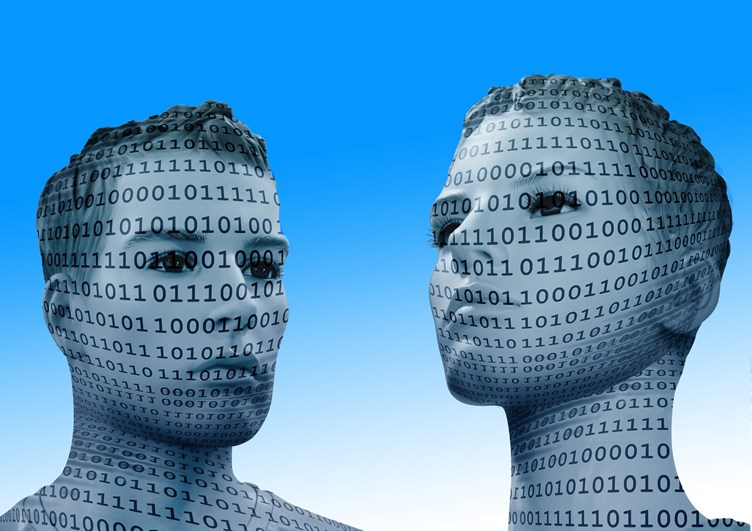Researching Facial Recognition to Keep People Safe
National security officials, officers in the criminal justice system and retail staff frequently rely on face recognition to establish and authenticate the identity of an individual. At UK Border Control, officials work to ensure that only those passengers whose passport photo matches their face are allowed to enter the country.

In the criminal justice system, police officers often utilise CCTV images as a means of identifying the perpetrator of a crime. In addition, cashiers in retail stores must examine face-photo ID cards in order to prohibit the illegal sale of age-restricted goods. Each of these occupations relies on the ability to detect correctly whether or not the face of an unfamiliar person matches a face photo on an ID card or an image still.
The individuality of your face remains one of the most identifiable things about you and is still used as one of the most common proof points in the 21st century, but research suggests that humans find it difficult to recognise unfamiliar faces.
Using funding from the European Research Council (ERC), psychologists at the University of York’s Facevar Lab have been studying the impact of this and what can be done to overcome it.
Facevar has established links with Delmont-ID, a consultancy which works to reduce identity fraud. They are working together to find new ways to overcome the difficulties humans have in identifying unfamiliar faces.
The implications of the research team’s studies funded through the ERC are clear and the benefits to security both national and personal could be immense.
-
Adam Clarke
adam.clarke@russellgroup.ac.uk
020 3816 1302
-
Adam Clarke
adam.clarke@russellgroup.ac.uk
020 3816 1302
 X
X
